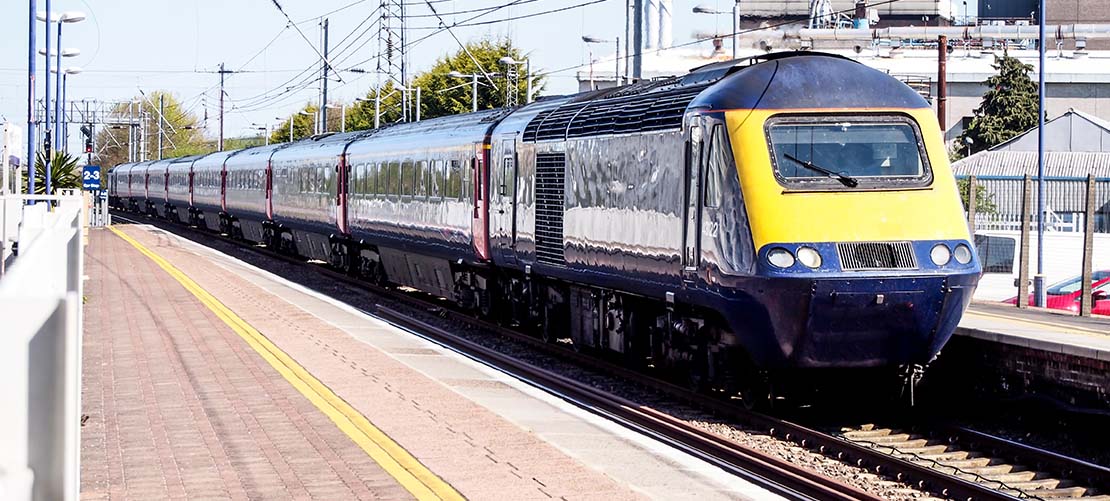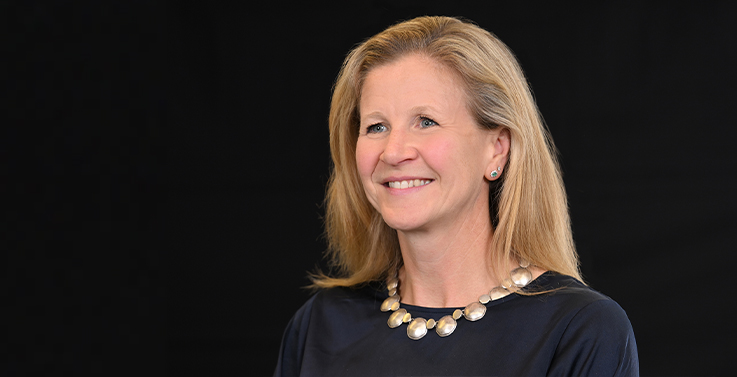What is the future for rail operating contracts?

Top 10 takeaways from our top table dinner
What is the future of rail operating contracts? That was the question posed to a room full of railway professionals on Thursday 11 January 2024 at the latest in our series of top table dinners co-hosted by Stephenson Harwood and AtkinsRéalis, a design, engineering and project management organisation. Robert Girgis, Policy Director at Rail Partner, kindly delivered a few thoughts pre-dinner, noting that Rail Partners has been working closely with its members and the Government to try to drive change in the rail operating contract sphere.
As always, there was lively debate around the tables and a few unplanned diversions onto wider issues affecting today’s railway, in particular around politics with the election on the horizon. And the answer to the overarching question: What does the long term future look like for rail operating contracts? What needs to happen ‘now’ to ensure that future is realised? Keep reading below to find out.
- NRCs – the right contract at the time, but need to evolve: Whilst the National Rail Contracts have protected the industry in challenging times (and there are some things that the NRCs get right), the general view was that they stifle innovation and dynamism and perhaps they were the right contract in 2020, but not now. They need to move on an evolve and in particular they need to increase the incentive on the Operators to look for passengers and revenue. If the next generation of NRC offers the private operators more freedoms, the people may not be there any longer to deliver what the industry and ultimately what the taxpayer needs as the industry will be deskilled. The incentives simply aren’t there in the current model and something needs to change. With micromanagement from Government, the Department for Transport (DfT) controls almost every element of the operation and operators almost cannot sneeze without their permission. A civil servant controlled railway was not seen to be a good thing and this means the ability to respond to passenger needs and circumstances is stifled.
- Split responsibilities for Revenue and Cost: The current model substantially separates responsibility for management of costs and management of revenue – with neither the Government nor Operator having control or sight over the full profit and loss. This creates short termism (we need to cut costs) without considering the longer term incentives – see also below. A future model needs to bring these important aspects back together. But this does not necessarily mean that full revenue risk has to be transferred – a model which looks at incentives to increase revenue and builds on the recently introduced revenue outturn mechanism would also be welcomed. There does need to be more commercial freedom for operators to allow them do what they do best to deliver for the customer and for the railway to be run for the benefit of the industry.
- Avoiding short termism: A key concern for many in the room was the short term behaviours the current industry model drives. Where the industry only has budgets from year to year and has to create an annual business plan, you cannot act in the long term. This creates a very short term vision which gives no certainty to the supply chain or indeed towards achieving any longer term vision for the industry. With a general election this year and rail unlikely to be an immediate priority for the next Government (in the first 100 days), short termism is likely to remain on the agenda, with the potential rollover of National Rail Contracts. This wasn’t seen to be ideal, as stagnation is unlikely to deliver the priorities of users of the railway. So the NRCs need to evolve in the next generation.
- Need a return to competition: Given an election is on the horizon, it is now too late to get competitions up and running for a new operating contract; with the Public Service Contracts also abandoned. Competitions drive value, help to encourage innovation and will encourage a push toward decarbonisation. And all of this can be within a broadly nationalised industry. The Transport for London concession model was mentioned and it will be interesting to see how the up and coming TfL operating concessions (for DLR, Elizabeth Line and London Overground) will be received by the industry. This could provide a blueprint for the return to competitions on the mainline railway.
- Learning from the open access industry: Attendees thought there were plenty of lessons the NRC-based passenger industry can learn. Open access operators tend to be much more flexible and agile to respond to passenger needs - and more importantly seem to better understand what their passengers want so can respond in terms of customer experience and fares in particular. Those business models can take a much longer term view than the NRC-based industry is able to - open access can respond to cost and revenue dynamics, passenger demand and issues that arise more quickly and dynamically and this is something the wider industry can learn from. Effectively, they are more hungry to succeed and have fewer shackles constraining them - and the commercial freedom needs to be injected back into the NRC model.
- Do we really understand what the end user wants?: The view from the room was a euphoric ‘no’. Many people in the industry seem to think they know what passengers want - and the DfT seems to be particularly good at thinking it knows - but the reality seems to be this isn’t the case. What happened to the 30 year long term vision for the industry? It seems to have gone nowhere. When were the end users of the railway last asked what they wanted from the system, the fares they pay and the taxes they contribute? Not recently. We need to understand what end users want before we create that long term vision before we then create a roadmap towards that vision. This has to be key.
- There is an entrenched public perception that the railway needs fixing: Although nationalisation is perceived as being the appropriate solution in some political quarters, in practice the public do not seem to care about who is running the rail services and whether that is a public or public body. The public just wants a railway system that consistently delivers for them. The current system is not doing that, although some of the reason for this is due to factors outside the control of operating companies, e.g. climate events such as flooding and network infrastructure failures.
- Public or private sector? Centralised or devolution? Consideration needs to be given about the appropriate roles of the public and private sectors in the rail industry. There is a model that allows the public sector (Government) to set the priorities; with the public sector (GBR) focussed on delivering that; with the Private sector (Operators) incentivised also to deliver what they can through public/private partnerships. Profit should not be seen as a dirty word given that an effective railway system is a very powerful tool within the wider UK economy, not least because of the extensive supply chain and manufacturing roles that it fosters. Currently, there is too much central Government control and micromanagement of how passenger services should operate. Services would benefit from more decision making to be granted to train operators (albeit with a corresponding element of risk) but given the importance of services in regional economies – most notably in the North – there is an arguable role for regional and devolved bodies, including regions with devolved mayors, to have more control and influence over policies and goals that train operators should be working to with operators being correspondingly accountable to such regional bodies.
- Elephants in the room: We can't address operating contracts on their own without understanding the role and priorities of treasury and, given the election is imminent, shadow treasury and what impact a change in the way that operating contracts are specified and managed will have on public finances (and importantly, the control of public finances). Network Rail also needs bringing along; culturally it has a long way to go to be the customer led organisation it is striving to be and needs to be. The railway is also chaotic at present and has had many challenges over the last few months and making any changes at such a time is not the best. We need to fix those issues and head into reform in a position of strength.
- The railway needs to speak with one voice: A key criticism of the railway in recent years has been about the lack of a guiding mind. But actually what is needed now in relation to operating contracts is a common understanding and messaging from the industry with a solution as to what can work going forwards. What is the "oven ready" deal that can be adopted by the Government (of whatever colour) to get the railway running well again? If we can't speak with one voice, we run the risk of a solution being imposed on the industry and this could ultimately lead to a less than ideal solution and a smaller industry. We should not wait for an election before doing this. The time for action is now.




